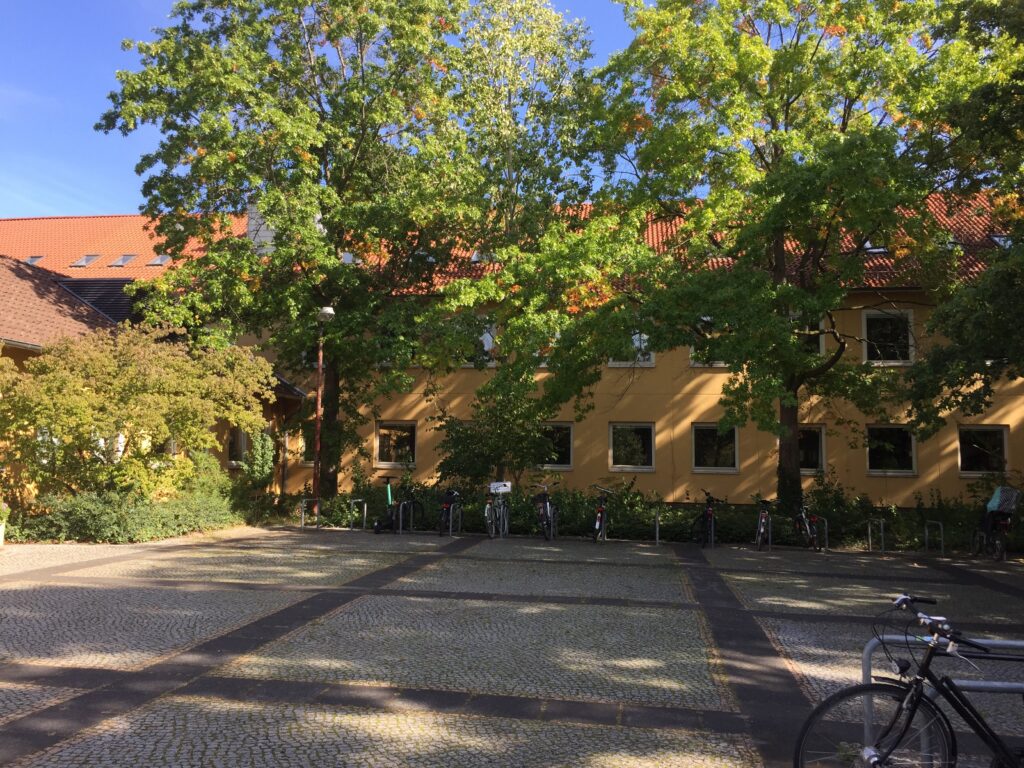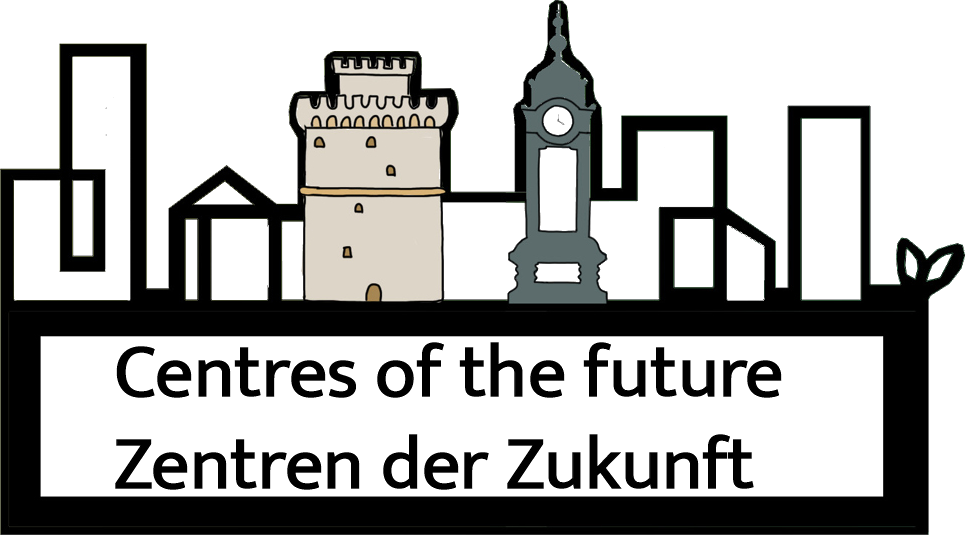In student projects, e-learning concepts are jointly developed, tested and implemented. Project study is the central form of teaching at LUH. In supervised student projects, small working groups (approx. 8-10 students) work on complex tasks during a semester (6 months). The aim is to develop specific basics during the project work in order to implement e-learning concepts on the annual focuses (e.g. sustainable center development, planning systems and cultures, best practice examples and options for action, etc.). The offered projects build on each other. The learning management system ILIAS (Integrated Learning, Information and Work Cooperation System) offers extensive functions for the didactic design of teaching and serves to promote the self-directed learning by students as well as to accompany classroom teaching. This includes, for example, online learning modules, exercise tools, blogs, portfolios, learning map training, video annotations as well as live voting for lecture hall polls and tests. In addition, game-based, digital and analog approaches to gamification and storytelling can be used to create the concepts (e.g., board games). The developed e-learning concepts can be used both at LUH and AUTH.


Master’s project “Sustainable Centers as a Challenge? A Comparison of Inner-City Development in Thessaloniki (Greece) and Hanover (Germany)”
In the summer semester of 2023, the master’s project titled “Sustainable Centers as a Challenge? A Comparison of Inner-City Development in Thessaloniki (Greece) and Hanover (Germany)” took place. In the master’s project, students focused on the sustainable inner-city development of Thessaloniki and Hanover. The research started from the background that both cities have experienced growth in recent decades, leading to a transformation in the functions of their city centers.
The project’s objective was to conduct a comparative analysis of the sustainable inner-city development in both cities. Students emphasized mobility, urban economy, and social activities as the focus of their analysis. Additionally, interviews were conducted with urban planning and mobility experts from both cities. Based on the gathered information, students created an audio guide for each city, which is freely accessible through the izi.TRAVEL-page/app.
The two audio guides, accompanied by the mascot “Sustainable Socrates,” lead listeners through the city centers of Hanover or Thessaloniki, providing insights into sustainable inner-city development at around 12 locations. Furthermore, each station includes visual content such as images and videos, making the audio guide appealing to those who cannot be physically present in Hanover or Thessaloniki.
The guides are available on the izi.TRAVEL-App and the web for free:


